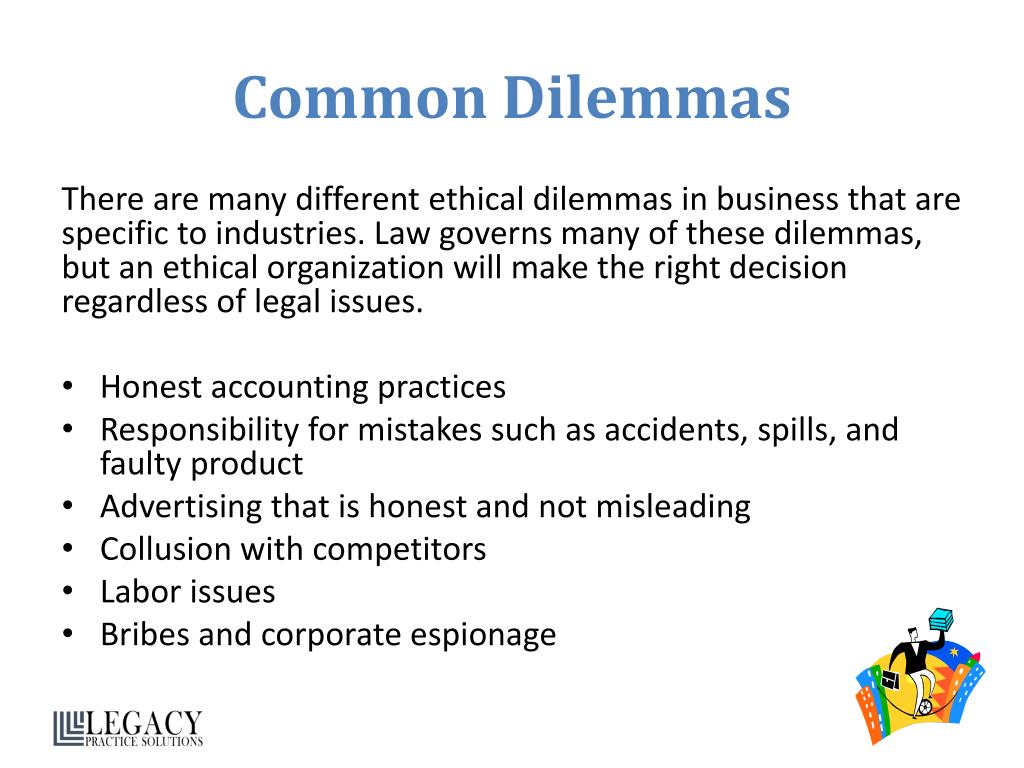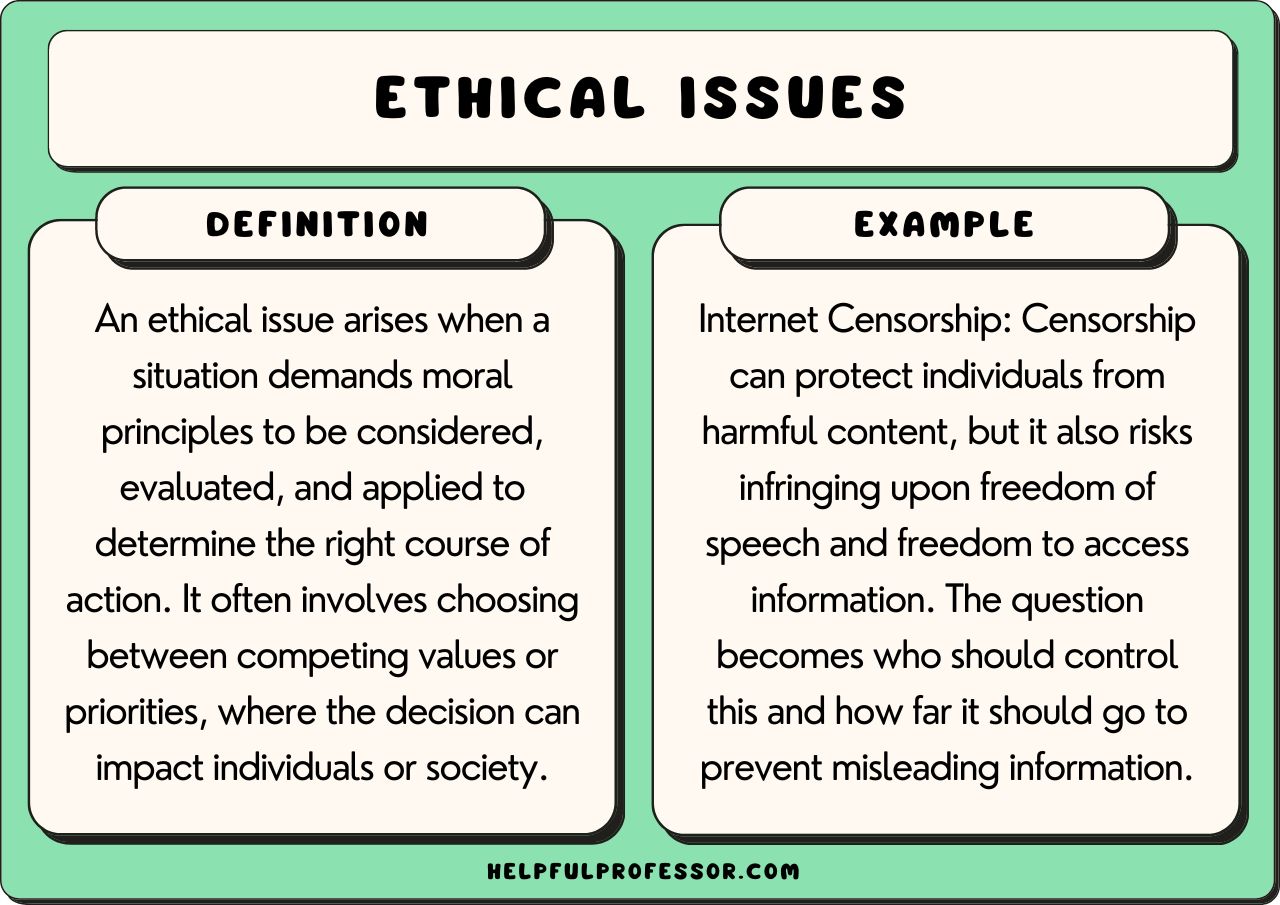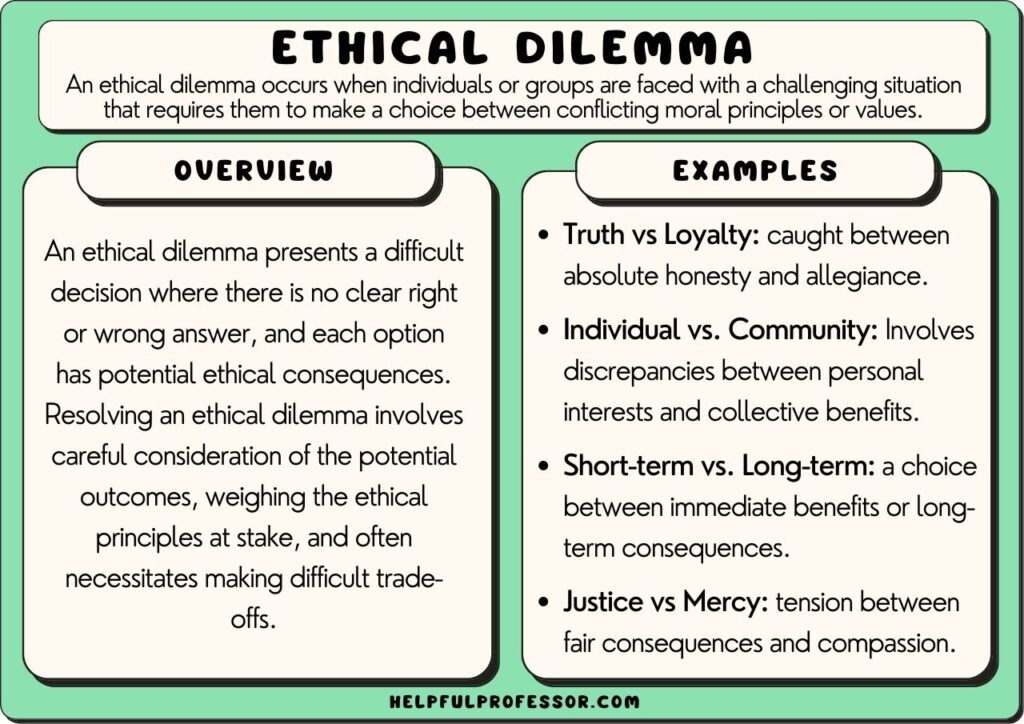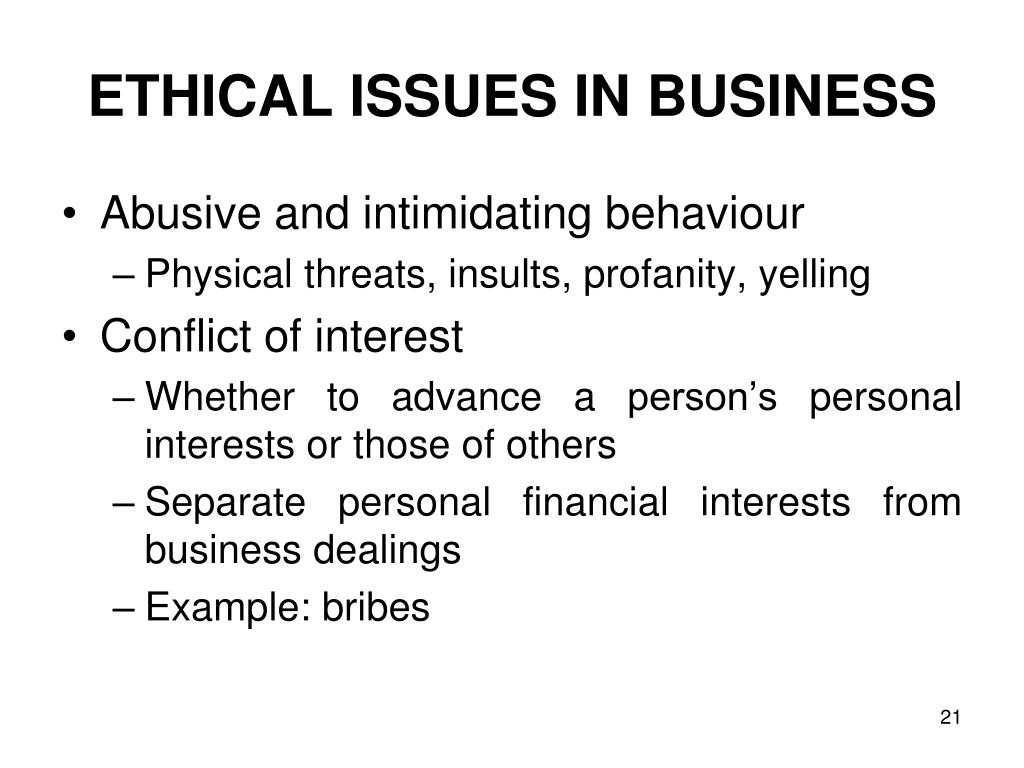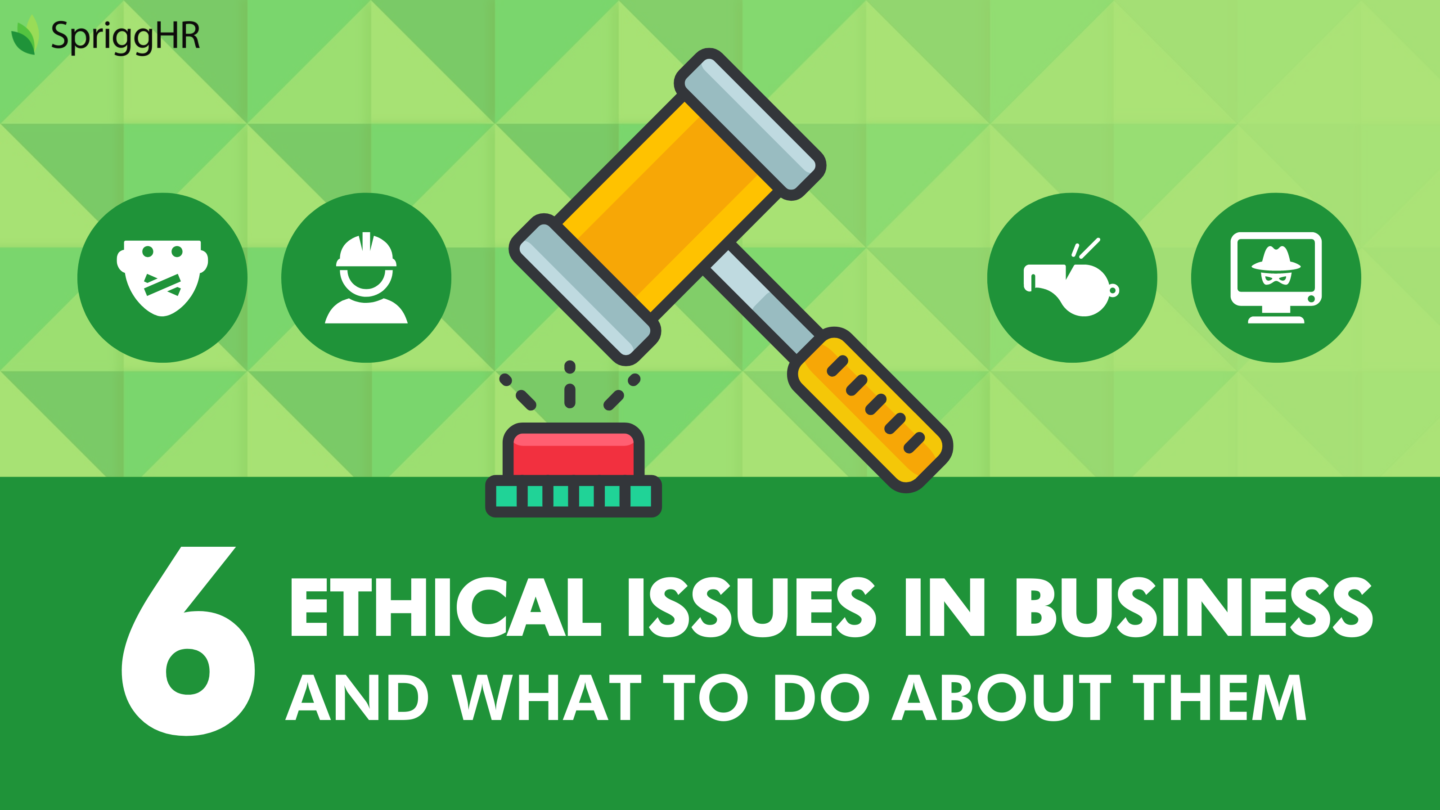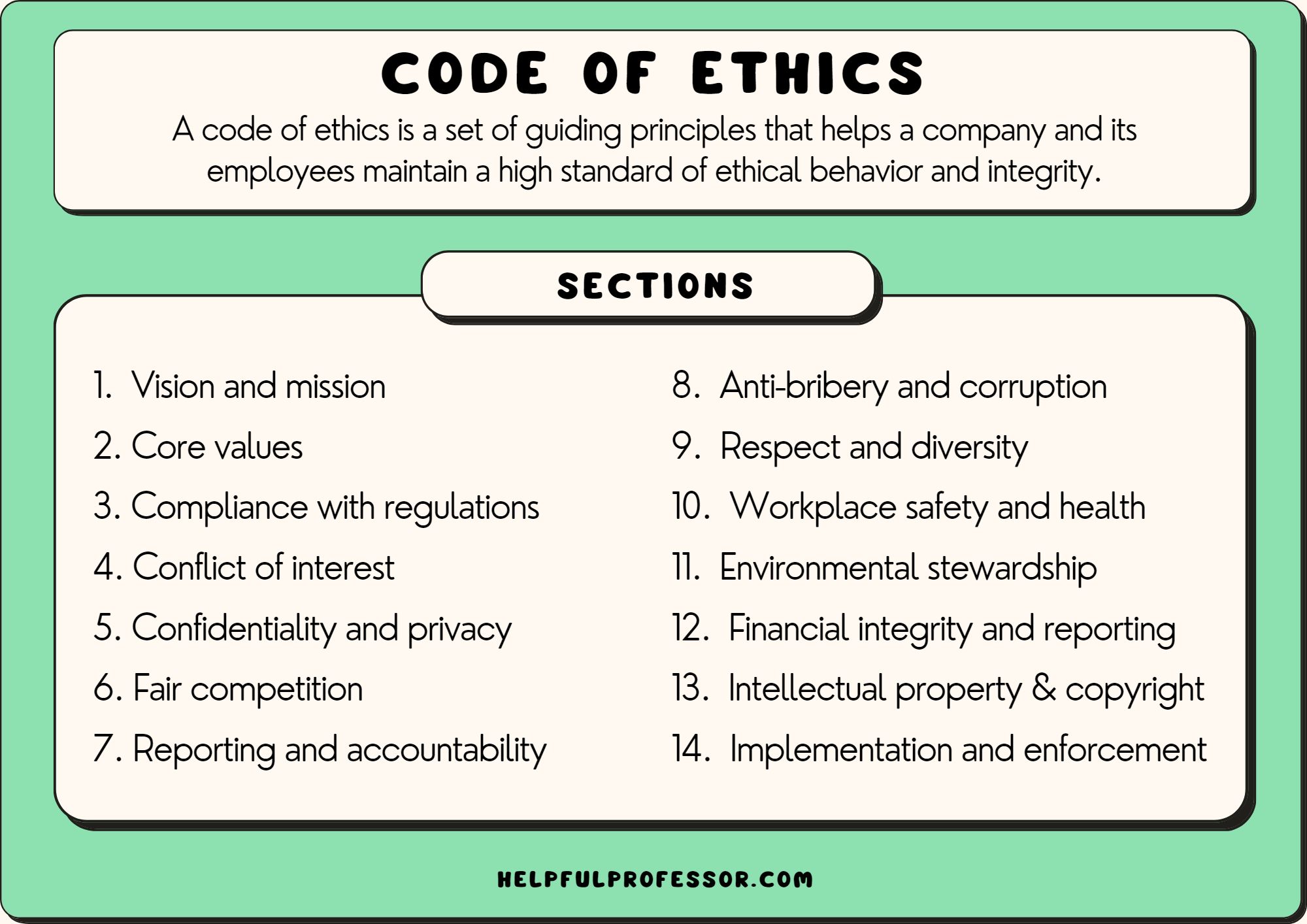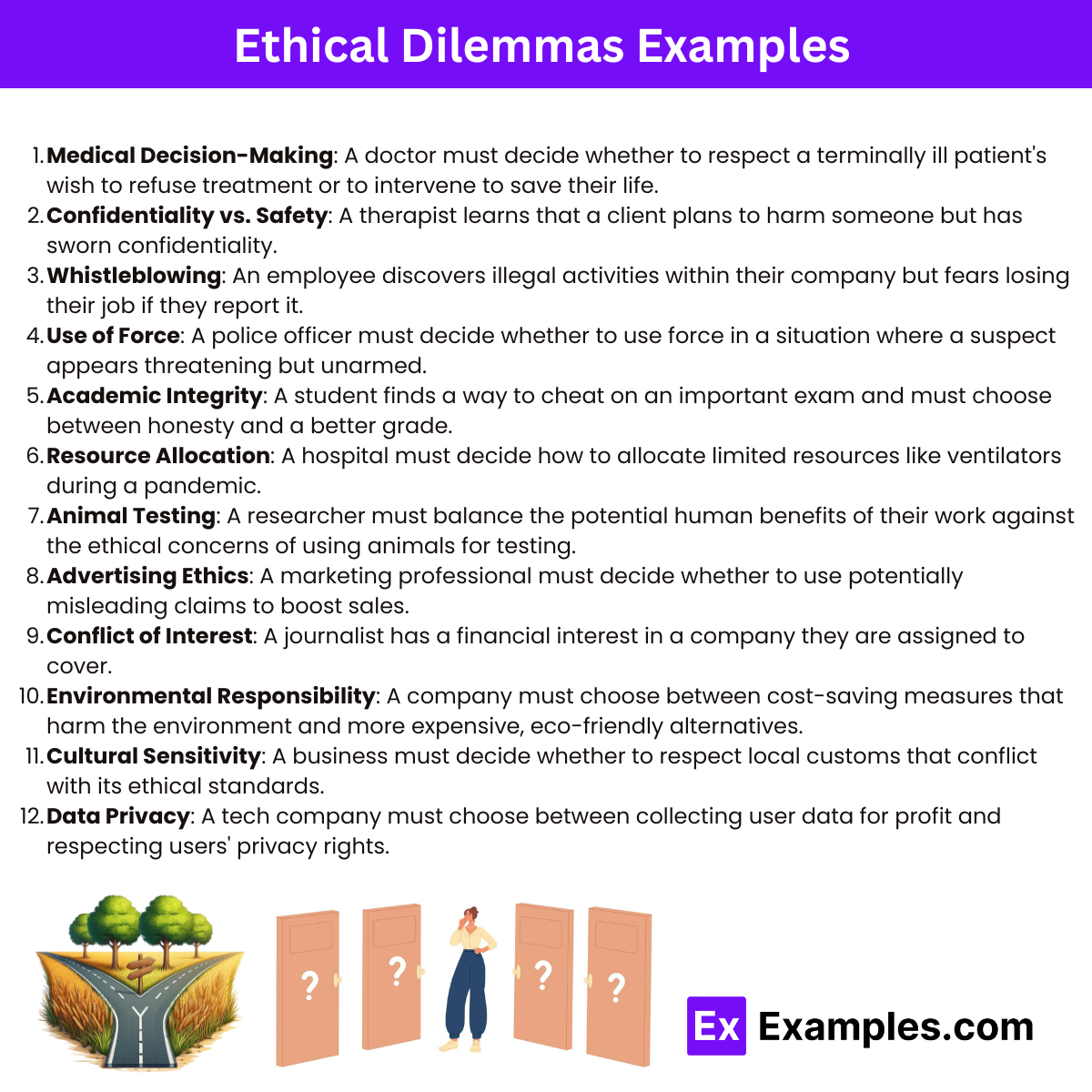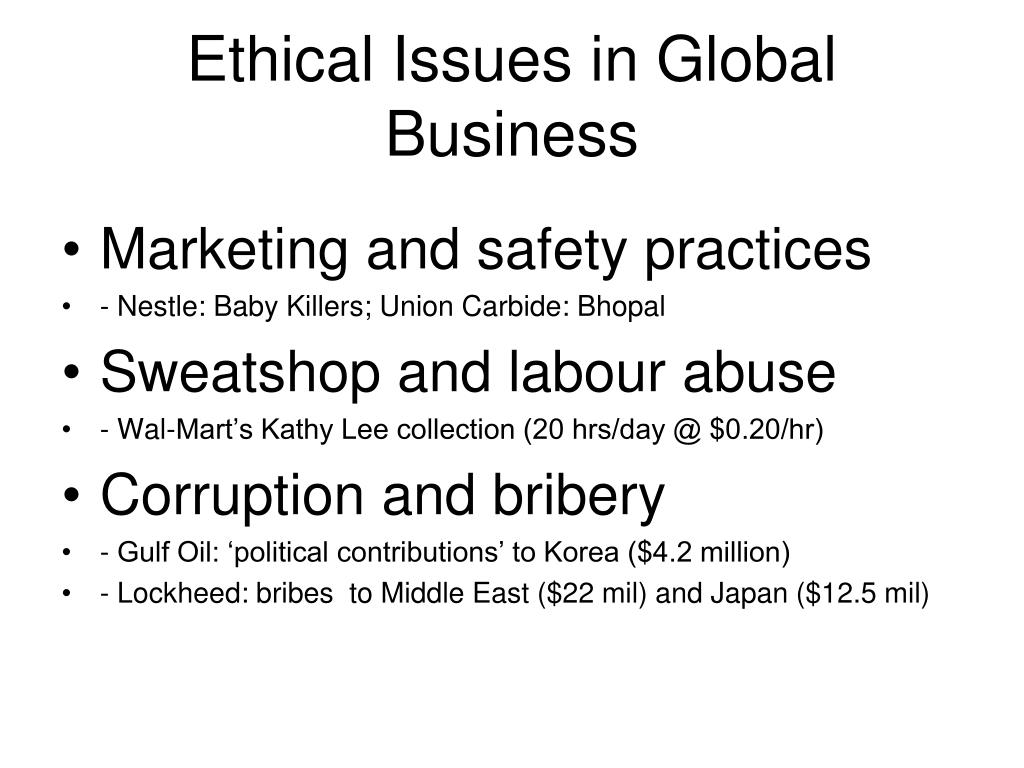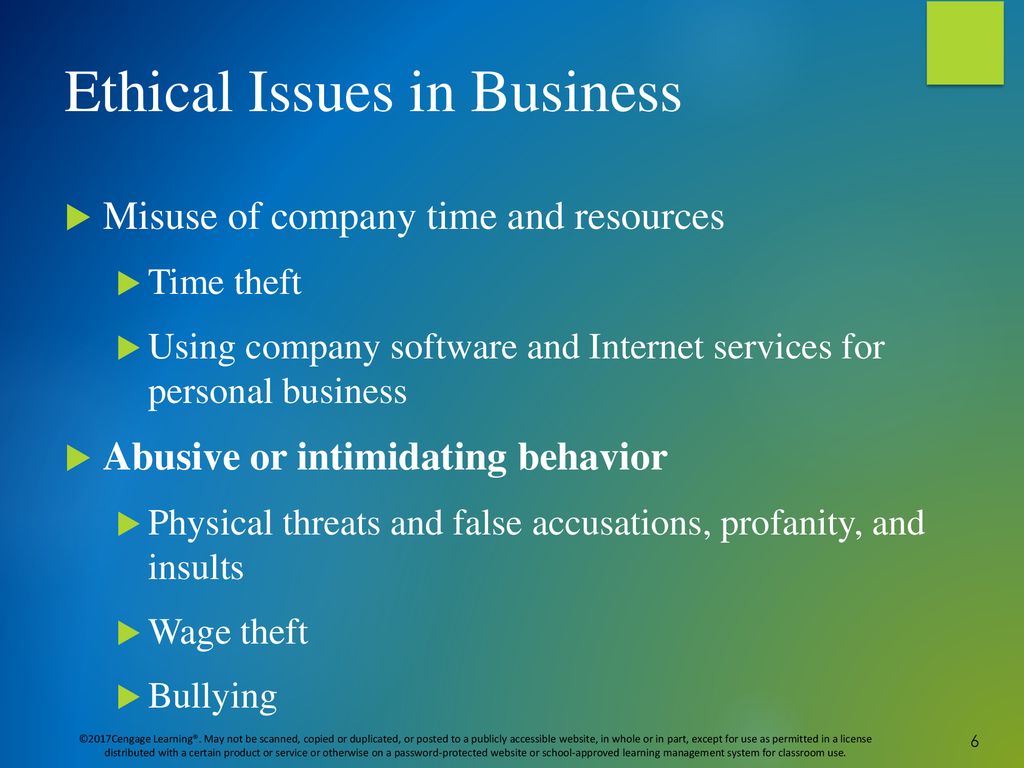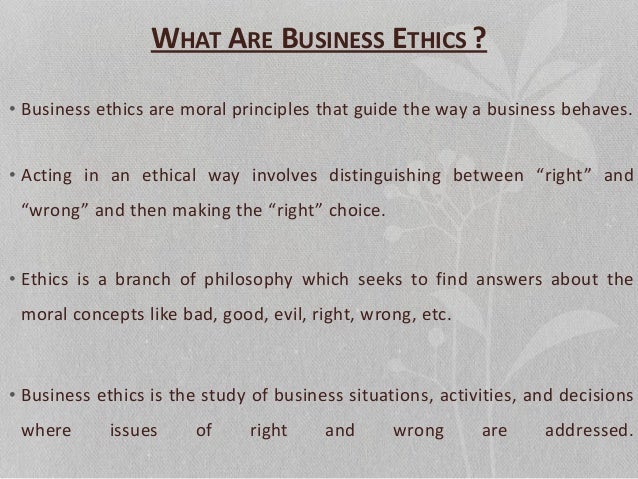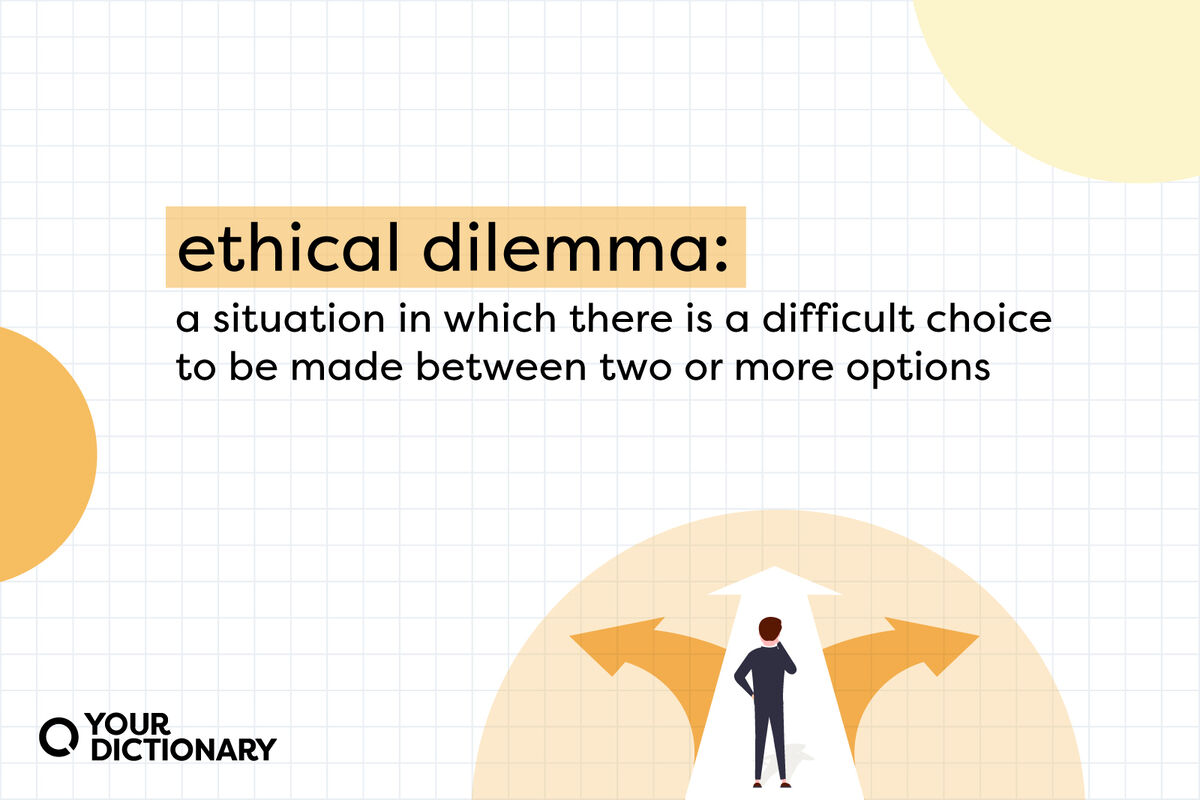Ethical Issues In Business Examples
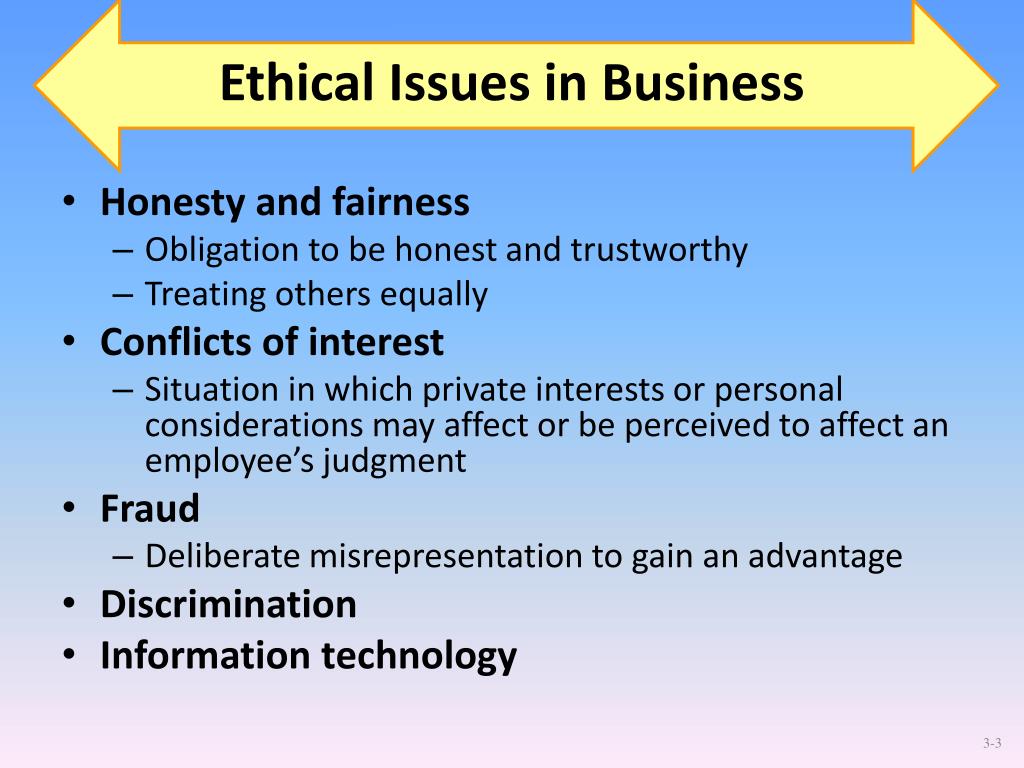
The business world, a landscape often painted with ambition and innovation, is increasingly facing scrutiny over its ethical conduct. From multinational corporations to small startups, the decisions made daily have ripple effects that extend far beyond the bottom line, impacting communities, the environment, and individual well-being. The stakes are high, and the consequences of ethical lapses can be devastating, both for a company's reputation and the trust it holds with its stakeholders.
This article delves into several prominent examples of ethical issues that continue to challenge businesses across various industries. It examines instances of corporate social responsibility failures, data privacy breaches, and questionable marketing practices, highlighting the complexities and potential ramifications of these ethical dilemmas. The goal is to shed light on these issues and encourage a more thoughtful and responsible approach to business practices.
Corporate Social Responsibility (CSR) Failures
Many companies tout their commitment to Corporate Social Responsibility (CSR), yet some fall short in their execution. One notable example is the controversy surrounding fast fashion brands and their labor practices. Accusations of exploiting garment workers in developing countries, who often face unsafe working conditions and are paid below living wages, continue to plague the industry.
These brands often promise ethical sourcing and fair labor practices, but audits can be inadequate, and transparency is often lacking. According to a report by the Clean Clothes Campaign, many major fast fashion brands still struggle to ensure their supply chains are free from forced labor and exploitation.
Volkswagen's Emissions Scandal
Another significant CSR failure involves Volkswagen's 2015 emissions scandal. The company deliberately programmed its diesel engines to activate emissions controls only during laboratory testing. This allowed vehicles to meet regulatory standards while emitting significantly higher levels of pollutants in real-world driving conditions.
This deceptive practice not only violated environmental regulations but also misled consumers who believed they were purchasing environmentally friendly vehicles. The scandal resulted in billions of dollars in fines, a tarnished reputation, and a significant loss of consumer trust. This serves as a stark reminder of the ethical implications of prioritizing profit over environmental responsibility.
Data Privacy Breaches
In the digital age, data privacy has become a paramount ethical concern for businesses. Companies collect vast amounts of personal information from customers, making them vulnerable to data breaches and misuse. Facebook's Cambridge Analytica scandal exemplifies the potential dangers of lax data privacy practices.
Cambridge Analytica, a political consulting firm, harvested the personal data of millions of Facebook users without their consent and used it for political advertising. This incident raised serious questions about Facebook's responsibility to protect user data and the ethical implications of using personal information for targeted advertising.
The scandal prompted increased regulatory scrutiny of Facebook and other tech companies and led to calls for stronger data privacy laws. It also highlighted the need for greater transparency and user control over personal data.
Questionable Marketing Practices
Ethical marketing is about more than just following the law; it's about building trust and fostering long-term relationships with customers. However, some companies engage in deceptive or manipulative marketing practices to boost sales.
One example is the marketing of products with unsubstantiated health claims. Companies may exaggerate the benefits of their products or make misleading claims about their ingredients. This can be particularly harmful when it comes to marketing products to vulnerable populations, such as children or the elderly.
The Federal Trade Commission (FTC) has taken action against several companies for making false or misleading claims about the health benefits of their products. These cases underscore the importance of accurate and truthful marketing practices.
The Case of "Greenwashing"
Another ethical issue in marketing is "greenwashing," where companies promote their products or services as environmentally friendly when they are not. This can involve making vague or unsubstantiated claims about sustainability or exaggerating the environmental benefits of a product.
Greenwashing can mislead consumers and undermine genuine efforts to promote environmental sustainability. It is crucial for companies to be transparent and honest about their environmental practices and to back up their claims with credible evidence.
Moving Forward: Building an Ethical Business Culture
Addressing ethical issues in business requires a multi-faceted approach. Companies must establish clear ethical guidelines and codes of conduct, provide ethics training for employees, and foster a culture of transparency and accountability. Strong leadership is essential to set the tone at the top and ensure that ethical considerations are integrated into all aspects of the business.
Furthermore, companies should engage with stakeholders, including employees, customers, and communities, to understand their concerns and address them proactively. By prioritizing ethical conduct, businesses can build trust, enhance their reputation, and contribute to a more sustainable and equitable future.
The ongoing conversations surrounding ethics in business suggest a growing awareness and demand for responsible corporate behavior. As consumers become more informed and empowered, the pressure on companies to act ethically will only intensify. Those who embrace ethical practices and prioritize the well-being of their stakeholders will be best positioned for long-term success.
